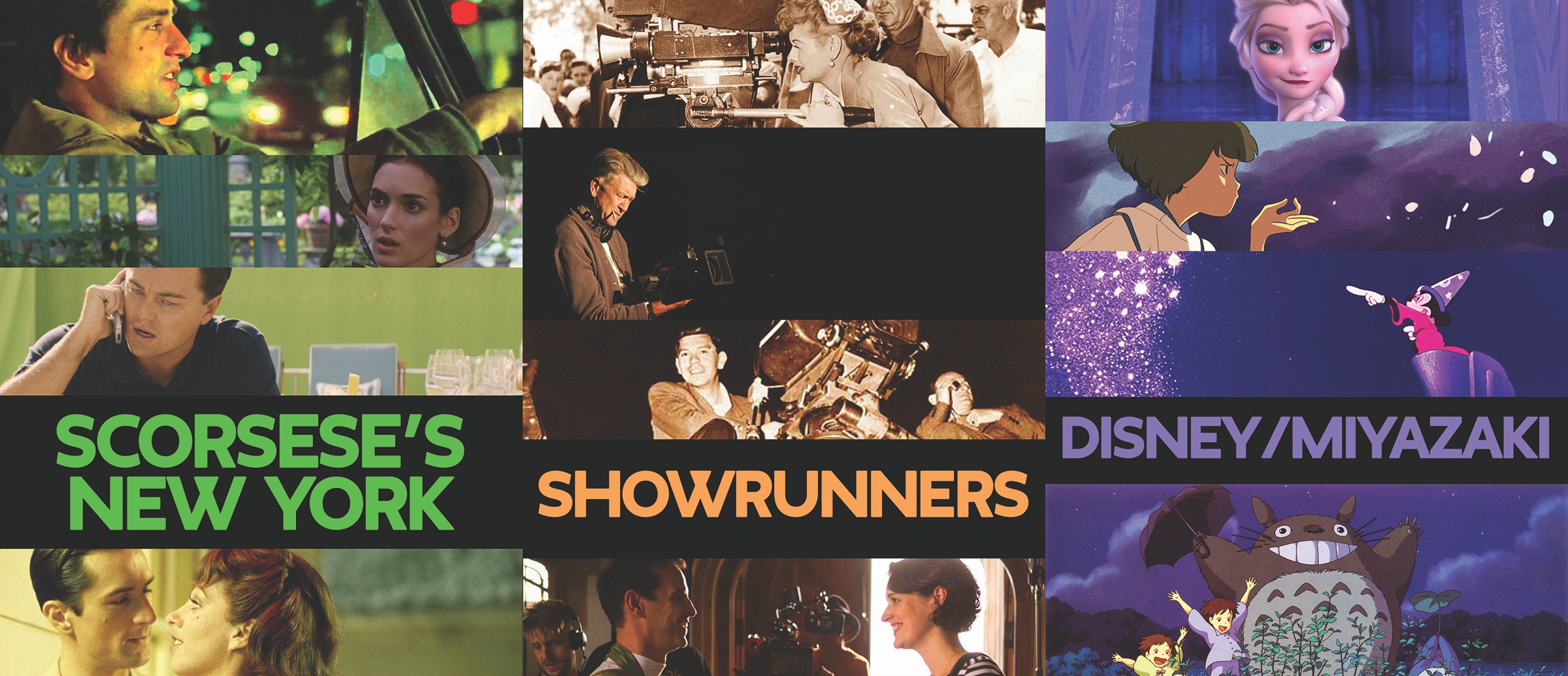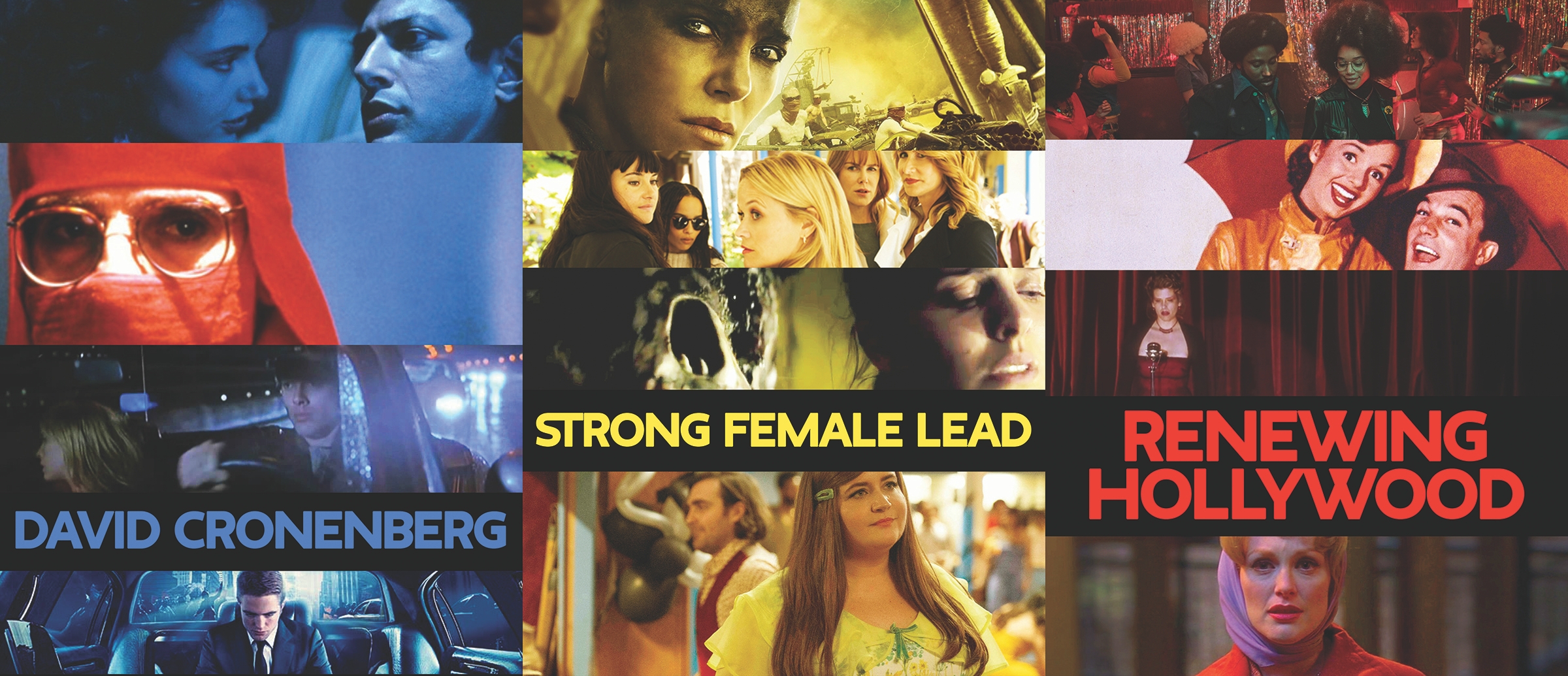Rochelle Miller
July 6-August 16 / Mondays & Wednesdays / 12:30-4:30pm
CINE-UT 218 / Class # 5474 / 4 points
The identified popularity of Netflix’s “strong female lead” category breathed new life into previously under-celebrated movies, while simultaneously inaugurating a growing list of commercially successful and critically acclaimed Hollywood films and television shows.
This course looks at the industrial, social, and political conditions that have given rise to the interest and growth of movies and shows featuring strong female leads. Organized around common female archetypes (such as ‘the mother,’ ‘the leader,’ ‘the avenger’ ‘the warrior,’ ‘the princess’ and more) this course will analyze media content through various lenses, including star studies, feminist film studies, fan and reception studies, and media industry studies.
Despite the category being widely regarded as progressive in our #metoo #timesup moment, Hollywood movies remain arguably conservative, featuring few women of color, women of non-normative sexualities, or women who do not conform to traditional ideals of feminine beauty. Among the numerous questions this course will explore then is: Does the “strong female lead” trope simply recapitulate hegemonic masculinity alongside the patriarchal power tied to the political economy of media flows? And by comparison, do streaming platforms offer women a broader range of female representation and greater creative opportunities? Screenings and clips will include films and television shows: Gravity, Mad Max: Fury Road, Zero Dark Thirty, Annihilation, Moana, Big Little Lies, Unbelievable, Shrill…etc.

